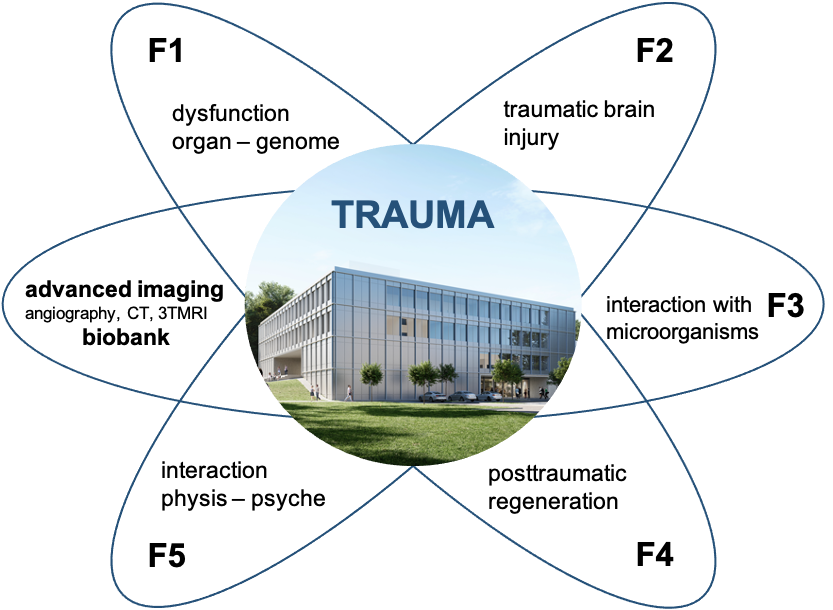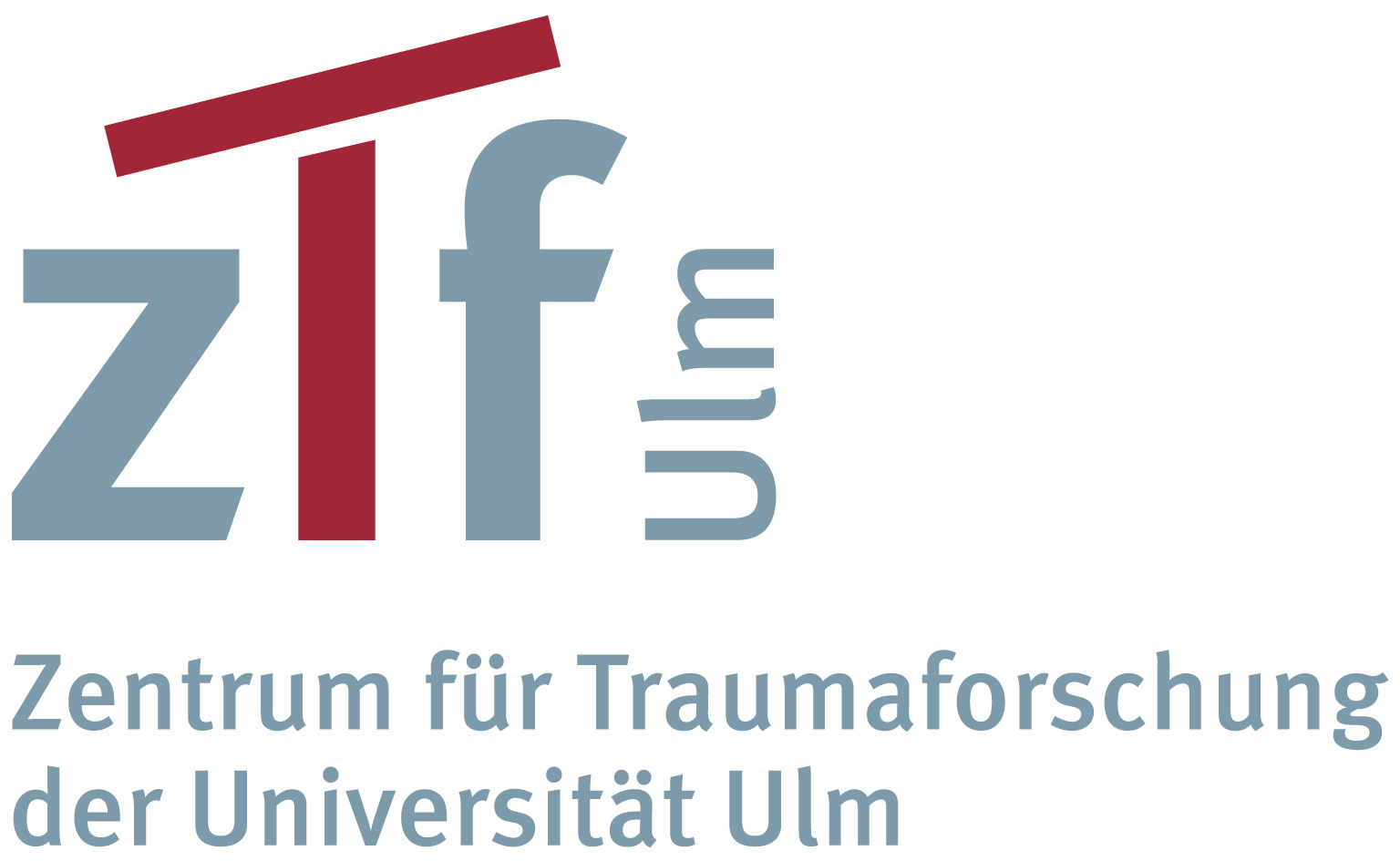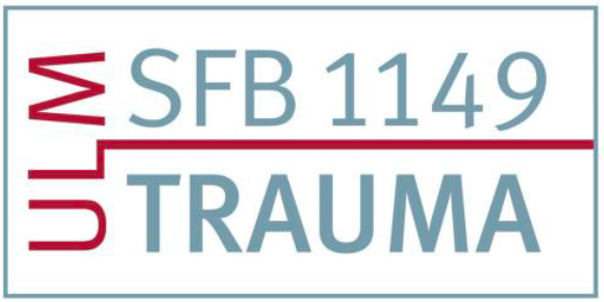MTW research programme
At Ulm University, researchers of various disciplines closely collaborate to unravel the complex mechanisms underlying physical and psychological trauma. The scientific foundations are the findings from the Collaborative Research Center (CRC) 1149 "Danger Response, Disturbance Factors and Regenerative Potential after Acute Trauma" and the Center for Trauma Research Ulm (ZTF, Zentrum für Traumaforschung). The ZTF was founded by Ulm University in 2015 as a virtual center, aiming to strengthen trauma research particulary at the interface between physical and psychological trauma. With 19 participating clinics and institutes, the CRC 1149 has been funded by the German Research Foundation (DFG) to date with approximately 22 million EUR.
The holistic, inter- and cross-disciplinary MTW research approach builds on this groundwork and even extends it regarding the content and methods. Thereby, the scientists intend to develop innovative mechanistic, diagnostic and therapeutic principles, striving for therapies tailored to the individual trauma patient. Five closely related research fields are, therefore, addressed:
Research fields
F1 investigates trauma-associated damage and organ-specific dysfunction in high temporal and spatial resolution. It aims to identify new markers for cell and organ functions to improve the constant monitoring of trauma patients via organ-specific parameters. Therefore, comprehensive OMICS and systems biology analyses are conducted in various cell types and tissues. By studying epigenetic changes, the molecular trauma memory and even transgenerational effects are elucidated.
Due to the poor regenerative capacity of the brain, traumatic brain injury remains a major clinical and scientific challenge. F2, therefore, investigates the mechanisms of brain damage following acute or repetetive traumatic brain injury as well as the impact of peripheral trauma on the central nervous system and vice versa. Thereby, posttraumatic changes in synaptic plasticity as well as cellular regeneration processes are studied.
In trauma patients, the immune system is frequently compromised and tissue barriers are injured. Consequently, they are particularly vulnerable to dysbiosis of commensal and pathogenic microorganisms. This interplay as well as the mechanistic causes for posttraumatic infections are studied in F3. For this, findings from tumour development studies are related to trauma research. Important aspects thereby are microenvironmental changes after trauma and strategies for inhibtion of bacterial protein toxins (trauma toxicology).
The regenerative and curative capacity in patients after severe trauma is significantly impaired. Therefore, F4 studies the mechanisms of posttraumatic regeneration in various tissues, particularly in the musculoskeletal system. Of particular interest is the posttraumatic immune activation and its impact on molecular and cellular re- and degeneration processes. Moreover, the immunomodulatory and regenerative potential of exogenic and endogenic stem cells in patients after trauma is determined.
Physical as well as psychological trauma initiates a molecular danger response comprising activation of the neuroendocrine stress axis, the cardiovascular system and the immune defence. The mutual influence between physical and psychological trauma in relation to the healing process is the focus of F5. Moreover, big data analyses and studies based on routine data from cost and supply providers in the health system investigate the economic consequences of trauma.



